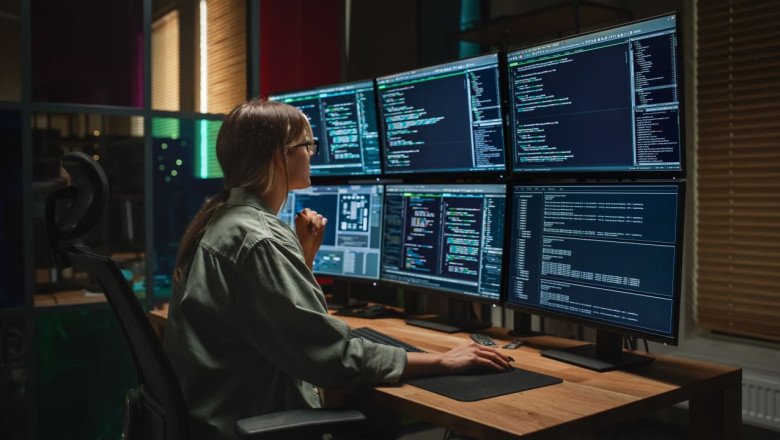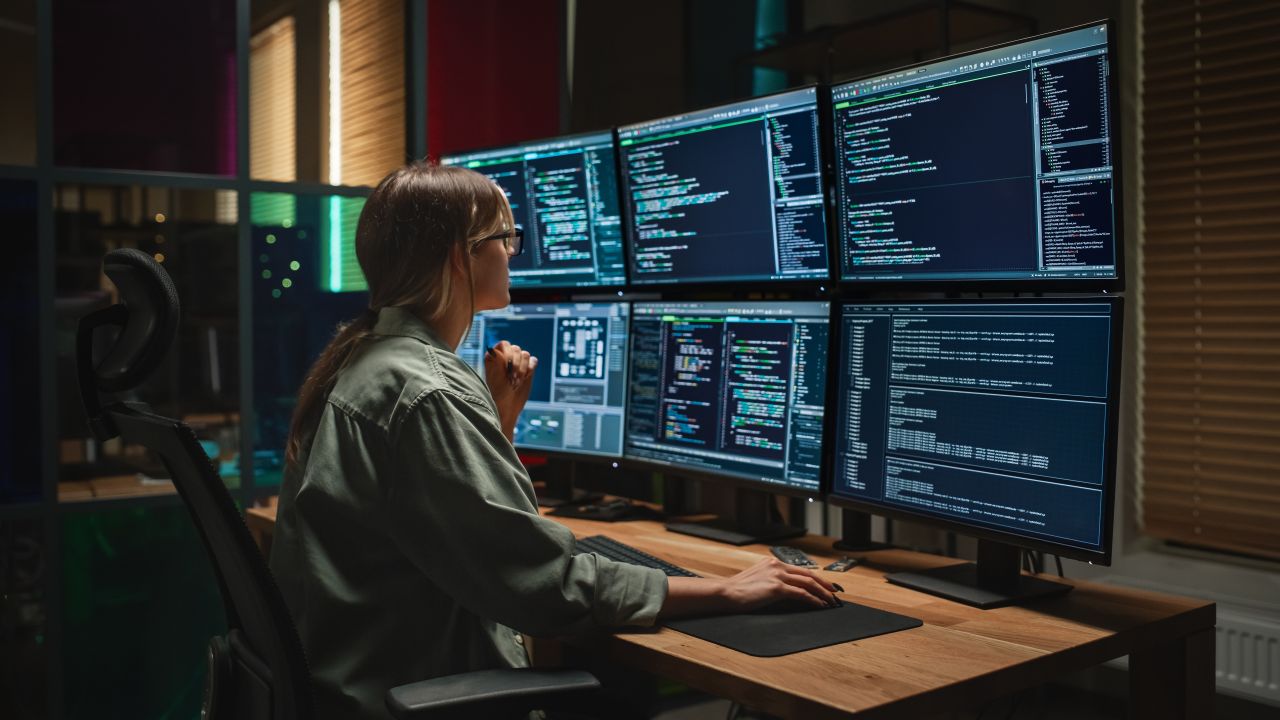
views

Software development has always reflected generational shifts, from handwritten scripts to cloud platforms, with the latest movement now to AI tools generating code.
A recent survey by cloud services platform Fastly suggests the divide between younger and older developers is not as clear as some might assume.
Instead of resisting automation, many senior engineers appear to be embracing it in ways that highlight both their experience and their priorities.
The poll reveals a slight majority of those with more than ten years in the field report that AI-assisted coding helps them deliver software more quickly.
At the same time, they acknowledge spending extra effort reviewing for machine-created flaws.
This pattern points less to overreliance and more to a calculated use of automation in line with their broader responsibilities.
One of the study’s more striking findings is that about a third of senior developers are producing more than half of their finished work through AI code generation.
Sign up to the TechRadar Pro newsletter to get all the top news, opinion, features and guidance your business needs to succeed!
By contrast, only 13% of those with less than two years’ experience reported a similar level of use.
Austin Spires, senior director of developer engagement at Fastly, explained senior engineers “don’t write code all day,” and are instead often expected to juggle testing, architecture, and mentoring tasks.
Using AI to prototype quickly, he suggested, can recreate the “fun dopamine hit” that drew many developers to programming in the first place.
This does not necessarily mean that younger coders are being left behind; fewer than half of them felt that AI coding sped up their work, with many preferring to hand-craft solutions themselves.
Spires described this as “heartening,” suggesting that less experienced programmers still value the craftsmanship of traditional development.
Across all age groups, more than 70% of respondents said AI systems made their jobs more enjoyable, with over 30% calling the effect “significant.”
Yet the study also revealed differences in how generations approach the environmental impact of software.
80% of older coders said they considered the energy costs of their work, compared to barely half of younger developers.
Nearly one in ten admitted they had no idea how much power their code consumed.
“There’s not a lot of incentive for AI coding tools to disclose what the carbon footprint of these tools are,” Spires added.
“More senior engineers understand the second and third effects of their code in how it relates to users and how it relates to their community. And I think it’s just a matter of time before junior developers start to understand those ramifications a little bit further.”
While developers may be testing prototypes on high-end workstations or even on laptops for programming, the larger consequences of widespread automation remain uncertain.
For now, the research suggests that senior engineers are setting the tone, blending efficiency with caution as they navigate an evolving coding culture.
https://wol.com/older-coders-prove-unstoppable-as-a-new-study-shows-ai-vibe-coding-delivers-bigger-dopamine-hits-than-old-school-programming-ever-did/























Comments
0 comment